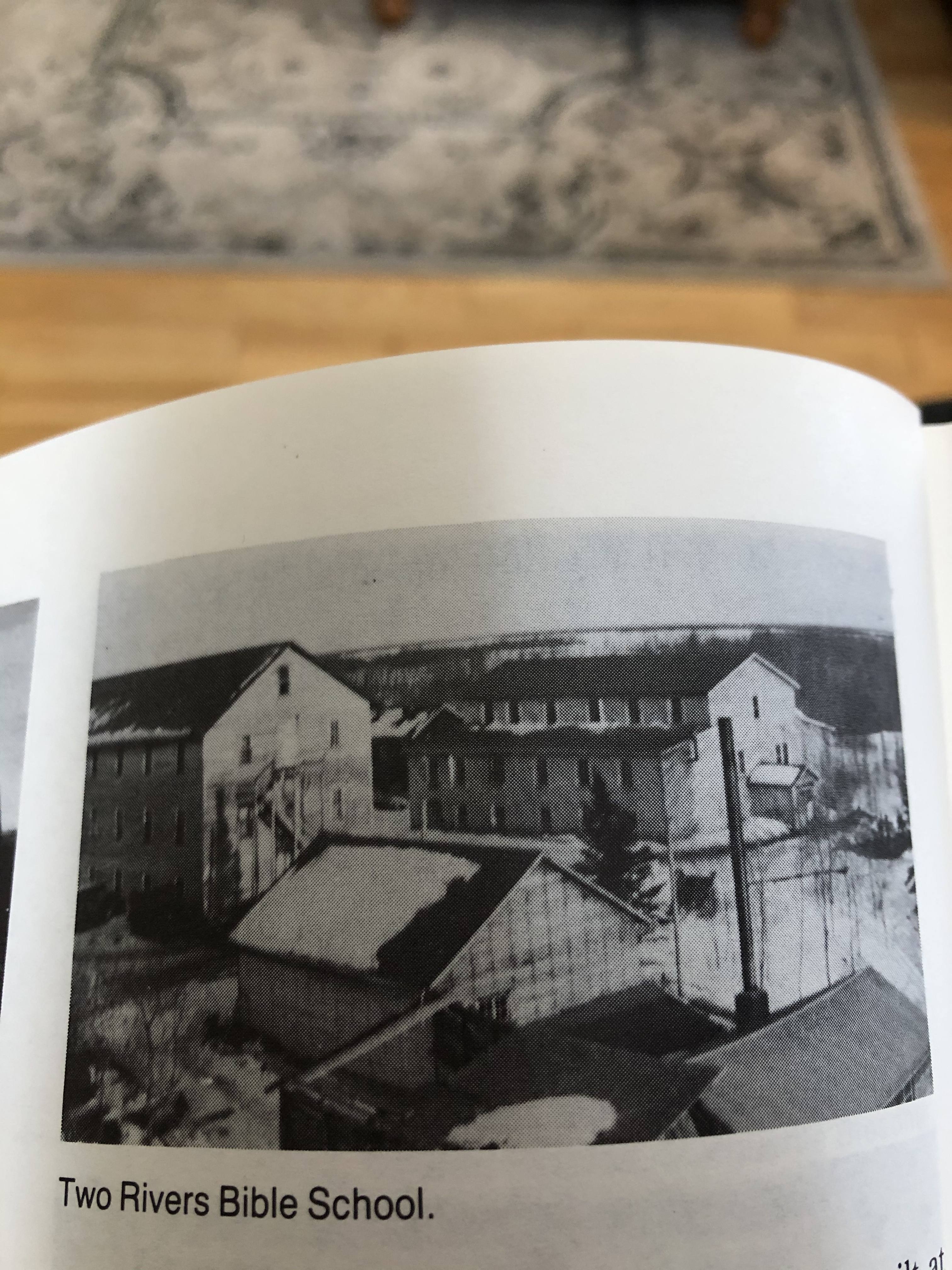Originally posted by Blaithin
View Post
It the consumer is so env conscious now then they should pay for that service. I don't think I should have to sacrifice my land for riperian areas and still gets 1970s prices.
We still don't even have a proper carbon credit program for ag.

Comment